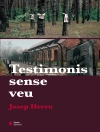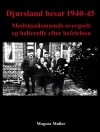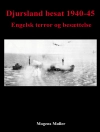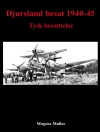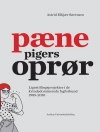This book will appeal not only to historians and geographers, but to many who maintain a deep interest in the British countryside and its past, and to those who continue to share a fascination for the Second World War, in particular the ‘home front’.
The Battle of the Fields tells the story of rural community and authority in Britain during the Second World War by looking at the County War Agricultural Executive Committees. From 1939 they were imbued with powers to transform Br...
This book will appeal not only to historians and geographers, but to many who maintain a deep interest in the British countryside and its past, and to those who continue to share a fascination for the Second World War, in particular the ‘home front’.
The Battle of the Fields tells the story of rural community and authority in Britain during the Second World War by looking at the County War Agricultural Executive Committees. From 1939 they were imbued with powers to transform British farming to combat the loss of food imports caused by German naval activity and initial European mainland successes. Their powers were sweeping and draconian. When fully exercised against recalcitrant farmers, dispossession in part or whole could and did result. This book includes the most detailed analysis of these dispossessions including the tragic case of Ray Walden, the Hampshire farmer who was killed by police after refusing to leave hisfarmhouse in 1940.
The committees were deemed successful by Whitehall as harbingers of modernity: mechanization, draining, artificial fertilizers, reclamation of heaths, marshes and woodlands. We now deplore some of these changes but Britain did not starve, in large part thanks to their efforts.
This book will appeal not only to historians and geographers, but to many who maintain a deep interest in the British countryside and its past, and tothose who continue to share a fascination for the Second World War, in particular the ‘home front’. It will also demonstrate to all who are anxious about food security in the modern age how this question was dealt with 70 years ago.
BRIAN SHORT is Emeritus Professor of Historical Geography at the University of Sussex, and formerly Dean of School and Head of the Department of Geography.


